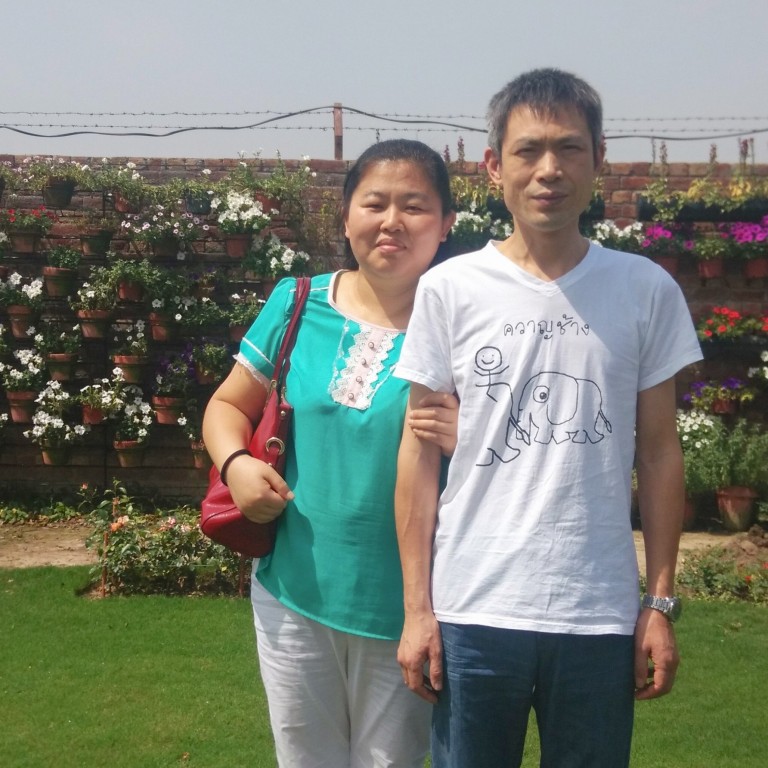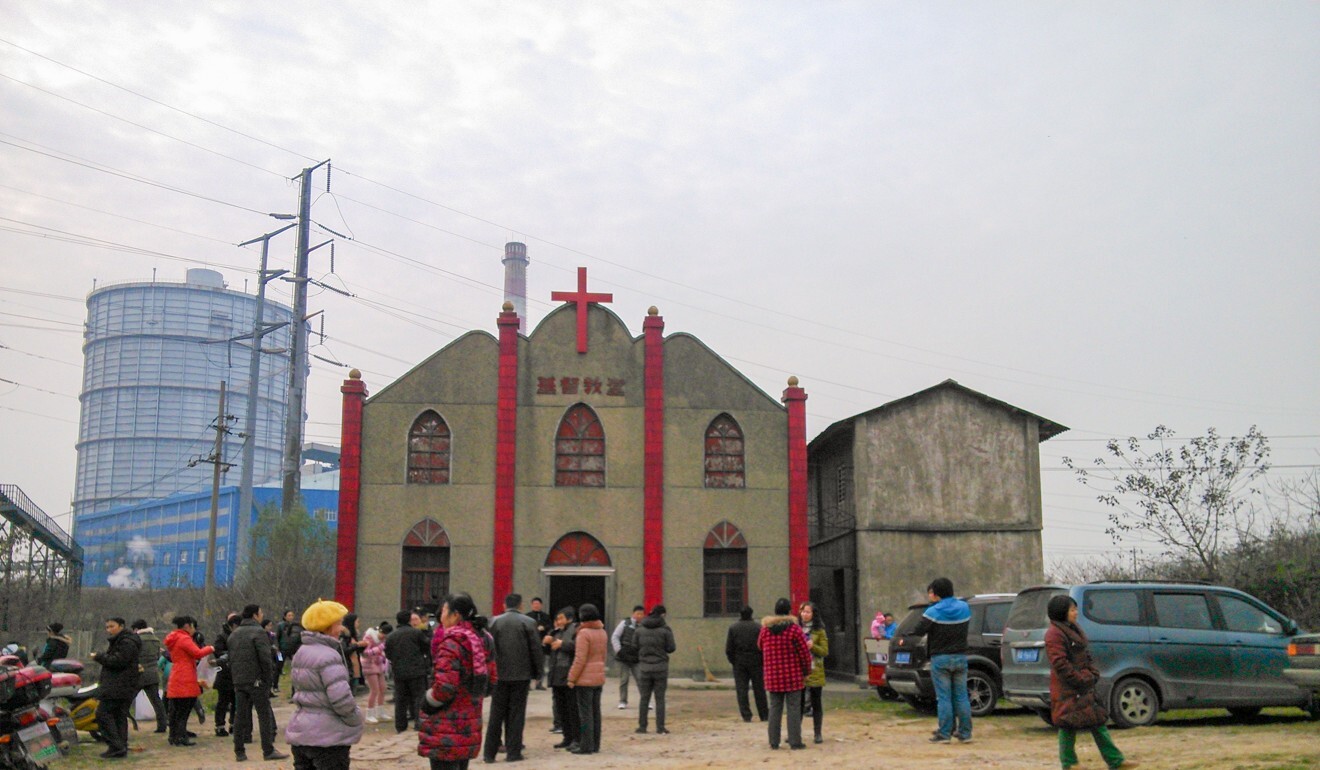
Chinese Protestant house church pastor ‘faces decade in prison’ on fraud charges
- Hao Zhiwei was arrested last year but is still awaiting trial on accusations that swindled money from the church
- Hao’s lawyer says conviction could set a precedent in using financial irregularities to persecute other house church leaders
A Protestant house church pastor in China has been charged with fraud over her handling of church offerings, raising fears that her conviction could set a dangerous legal precedent for other “house church” leaders.
Hao Zhiwei, a former minister at a Protestant church in Ezhou in central Hubei province, was arrested in July last year and charged four months later, according to an indictment issued by the city prosecutors in December.
According to the charges, Hao, 48, is accused of swindling 2.24 million yuan (US$332,850) in church offerings.
Two church staff members, Hong Ying and Wang Yuanxiang, were also accused of fraud but warranted leniency because they confessed, the indictment said.
Prosecutors have yet to set a trial date and while Hao has remained in detention, her two sons, one 13 years old and the other 17, have been left to fend for themselves because Hao’s husband died two years ago.
Si Weijiang, Hao’s lawyer, said his client had refused to plead guilty and faced at least 10 years in prison if convicted.
Si said he was also worried that a conviction could set a precedent in using financial irregularities to prosecute leaders of house churches, institutions that are not approved by the state.
“The case is set to have a far-reaching legal impact that could see more house church pastors like Hao come under more legal scrutiny on top of the existing administrative regulations over religious affairs,” Si said.
Chinese authorities raid underground church and detain pastor ahead of Tiananmen service
Hao’s trial was originally set for January and then apparently postponed until August but there is still no notice of when it will take place. The coronavirus pandemic has also caused delays, suggesting that Hao could remain in detention for some time.
Hao’s 17-year-old son, who identified himself as Paul, said he was at peace despite the family ordeal.
“The government is indefinitely postponing the trial as they continue to look for evidence so they can frame my mother by building a fraud case against her that never existed in the first place,” he said.
“But I and my brother are at peace as we have faith in God that he will never give us a trial that we cannot bear.”
Paul said he was staying on campus at a university in eastern Zhejiang province but his 13-year-old brother lived at home in Ezhou with a part-time domestic helper.

Hao graduated from the official Zhongnan Theological Seminary in 2001 and was employed as a preacher by the government-sanctioned Egangqiao Church in Ezhou in 2003.
Si said Hao established her own congregation which met in the same building, after church elders were forced out over disagreements.
According to the indictment document, Hao is accused of illegally ordaining herself as a pastor in 2013 without government approval. But her lawyer said she was ordained according to house church tradition.
After Hao and her two co-workers were arrested in July last year, the authorities knocked down the church to make way for expansion of a steel plant.
A notice issued by the local religious affairs department in July last year said Hao’s church had to be demolished because it was too close to a power plant.
The notice said that in spite of the closure order, church gatherings continued.
In 2017, Hao was placed under administrative detention for 15 days for organising illegal gatherings.
Is veganism a religion? Fired man files landmark discrimination case in Britain
About two-thirds of the estimated 60-90 million Protestants in China attend independently operated churches that are commonly referred to as house churches. House churches first emerged as small home gatherings in the early 1980s when religion gradually made its way back into people’s lives after the Cultural Revolution.
According to government data, about 38 million Protestants worship at state-sanctioned churches that are administered by the official Three-Self Patriotic Movement – which refers to self-governance, self-support and self-propagation – and the China Christian Council.
For decades, China’s house church leaders have refused to register with state-sanctioned church administrations, citing “irreconcilable differences” over issues including biblical teachings, church autonomy and the appointment of clergy.

